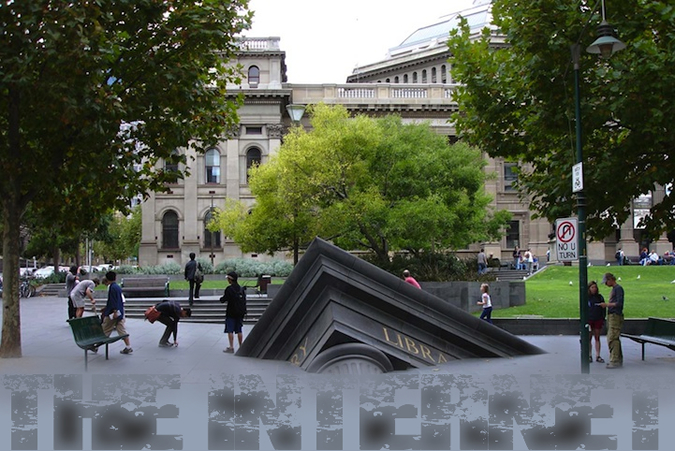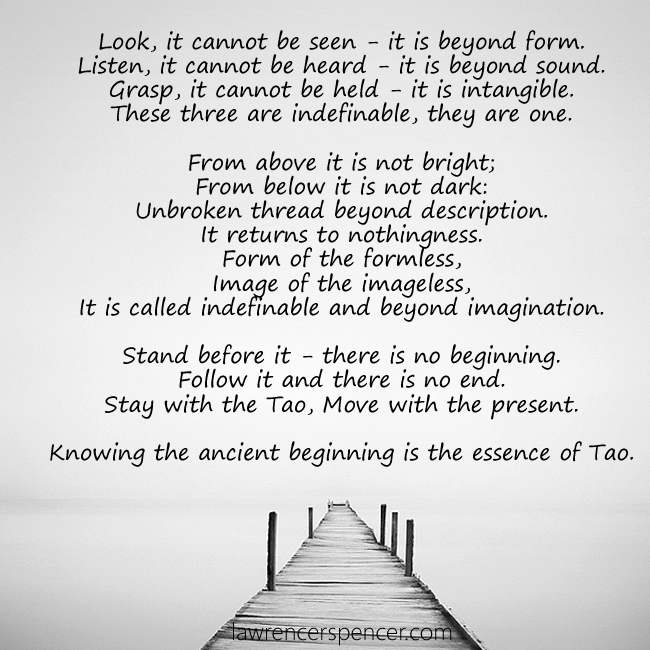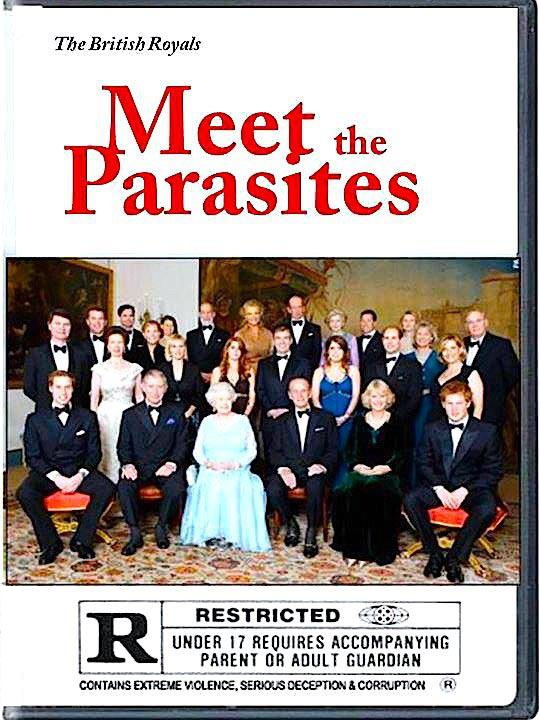Republished by Blog Post Promoter
The public library system is one of the best ideas ever created to ensure a free, egalitarian society.
“In 1731, Benjamin Franklin and his friends, sometimes called “the Junto”, operated the Library Company of Philadelphia partly as a means to settle arguments and partly as a means to advance themselves through sharing information. Franklin’s subscription library allowed members to buy “shares” and combined funds were used to buy more books; in return, members could borrow books and use the library. Today, the Library Company continues to exist as a nonprofit, independent research library.
Recently, a general change in attitude regarding libraries has become apparent, especially in younger generations. Students now enter college with a much different idea regarding libraries and how to go about finding information they need. A study of around 2,000 American college students showed that 93% felt that finding information online “made more sense” than going to the actual library. Furthermore, 83% stated they were frequently unable to get the information they needed due to library hours and another 75% said they just didn’t have time to go to the library.
This study follows a trend found elsewhere in the nation during this current economic recession. More people are relying on their public libraries during tough economic times. It really underscores the importance of public libraries, especially when the economy declines and unemployment rises.” The study looked to measure the increases in six categories from June 2008 until November 2008 in comparison to previous years. The categories considered were attendance (patron visits), circulation (material checkouts), virtual visits, reference transactions, percent of time public Internet computers are in use, and number of public internet computer users. The percent increases from the previous year are as follows:
- Attendance (patron visits): 7.5%
- Circulation (material checkouts): 11.22%
- Virtual visits (such as to a library Web page): 20.21%
- Reference transactions: 4.41%
- Percent of time public Internet computers are in use: 9.74%
- Number of public Internet computer users: 13.77%.
As can be seen from this data, all aspects of library use have significantly increased compared to the previous year.
Unfortunately, as library usage grows during a recession, the ability to fund public libraries declines.
(Source: Wikipedia.org)








